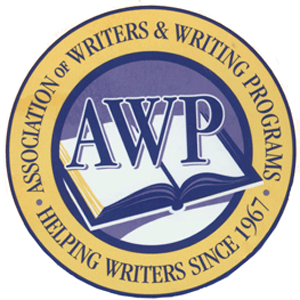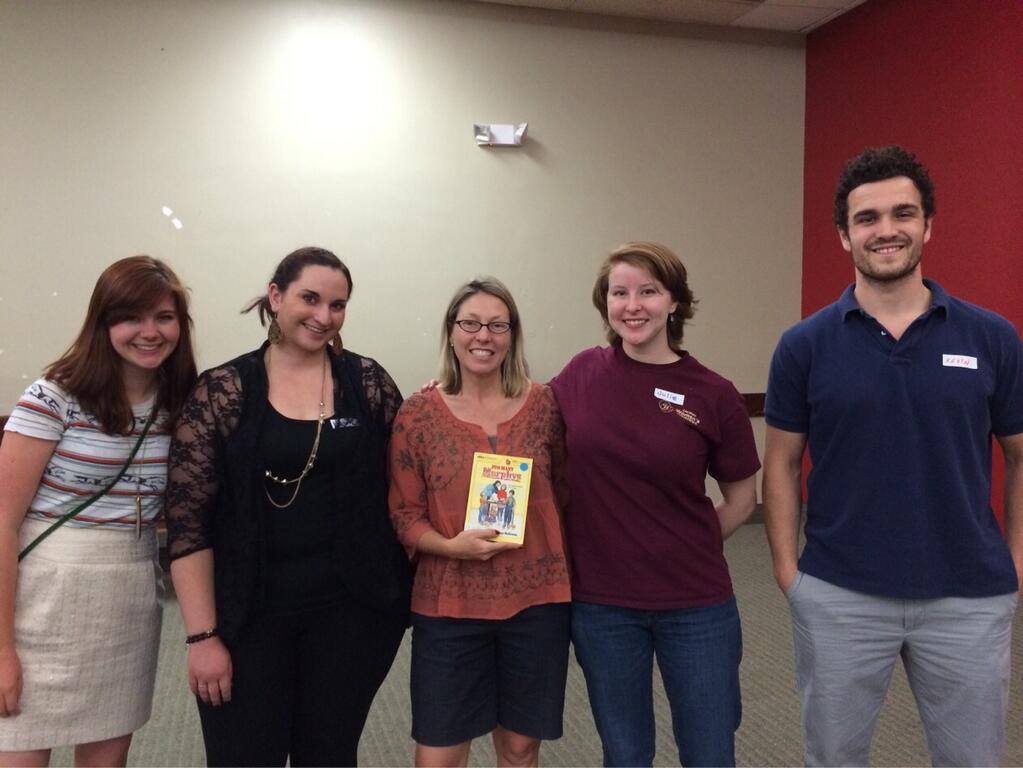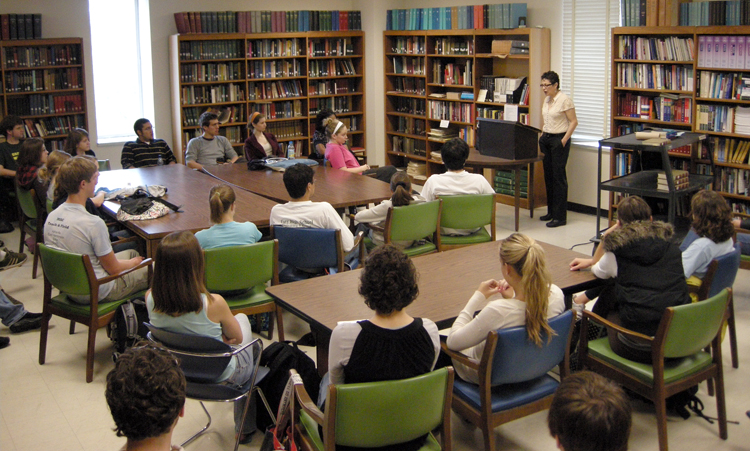 When I was in grade school, I learned a couple of important tips to surviving middle school. One was to keep your mouth shut if it didn’t involve you. The other— really, there is no need to bring up the other because it paled in comparison. For example, I no longer need to know how to make an ice ball to fight back, or how to conceal rocks in my pocket, or how to kick if I’m attacked while lying on my back. It took me decades, but I eventually learned how to avoid trouble.
When I was in grade school, I learned a couple of important tips to surviving middle school. One was to keep your mouth shut if it didn’t involve you. The other— really, there is no need to bring up the other because it paled in comparison. For example, I no longer need to know how to make an ice ball to fight back, or how to conceal rocks in my pocket, or how to kick if I’m attacked while lying on my back. It took me decades, but I eventually learned how to avoid trouble.
But sometimes I still can’t keep my mouth shut, even if it doesn’t involve me. Now that I work as a substitute teacher in the Seattle and greater Seattle area, and now that I have seen the incredible income disparity between schools, now that I can say what I witnessed has a lot to do with race, I’d like to tell you something others have already been shouting. When it comes to schooling our kids, middle income parents in America have a bad habit of putting our own kids first, and we do this at the expense of students of color.
I spent three nonconsecutive days in one of Seattle’s worst performing schools. I’m not going to name it because the students don’t deserve the school’s label, and it’s my experience with parents in Seattle that they will label a school as a place to avoid, and not do enough to address the reasons they are avoiding it. I’ll nickname it Wallace, after that amazing writer who, it seemed to me, couldn’t sit still with his own intelligence. The base statistics of Wallace speak clearly: 61% of the students receive free lunch, 73% of the students are of color, 30% of fifth graders are passing assessment tests of English Language Arts, 21% of fifth graders are passing assessment tests of math, 24% of the fifth graders are English Language Learners. There is a steady decline in assessment tests from third to fifth grade, as if the kids are tumbling down a kite hill.
Wallace is a school that parents will spend a lot of money to avoid. It exists in a wealthy and hip (liberal) neighborhood but does not reflect the general population of that neighborhood. When I’m in Wallace and speak to the students, I have the sense that it works as a funnel, drawing similar students from various neighborhoods around the region, from as far away as Everett, nearly thirty miles away. I know from reading news reports there is a significant homeless population attending this school, and these students are also served by an organization providing shelter and housing services.
What I experienced as a substitute teacher at Wallace was complex and not easily described in a handful of words. On the first day, soon after we had ninety minutes of incident-free explicit instruction and practice, one student slighted another in such a careful way that I could not hear the insult. Before I could draw a breath to ask them to line up for recess, they were circling each other, kicking with so much magnetism half the class was pulled into their fight. The other half sat in miserable ineffective frustration. I put everyone in order by leveraging recess time. After pulling the two fighting students aside to take to the office, I walked the students partway then released the rest with a to-myself-prayer: please walk the halls quietly and without the ramped-up energy you showed in the classroom. I worried they would re-embroil themselves into another slight and fight unattended in the halls. My faith in these students was secure. They went to recess where the normal rivalries—and there were plenty—played out on the field.
On another day, as I assisted a teacher in the classroom, a small whiteboard fell off its easel. There were only eleven students tackling the math lesson, and six ran out of the classroom in a post-traumatic stress panic. One openly exclaimed he thought it was a gunshot. Though he sat in his seat and reapplied himself, his panic was evident in the way his feet and eyes didn’t stop moving.
These two experiences are not irregular at Wallace, and I found it difficult to teach content over behavior, despite my strong belief that every child should have access to grade-standard material. But, as is evident in students who are succeeding there, teachers at Wallace structure their day around grade standards and benchmarks, leveraging as much learning from students who want to learn but have bigger things on their minds. In the class I subbed for, the students had pulled their reading two levels higher than at the beginning of the year. They were approaching grade standard. Their fight had less to do with the slight than with the insecurity of being with a substitute they didn’t know, someone who might believe the statistics over their drive to do better.
These kids don’t deserve the home lives they have, and by that I don’t mean the parenting. Yes, there are some bad parents; but I’ve seen bad parenting in the school my son goes to. I’ve also seen great parenting at the food bank I volunteer in. Income or race doesn’t drive parenting skills, but being continuously impoverished drives desperation. Living in a community that is constantly impoverished increases the examples of desperation. What is normal for them is a state of hyper-alertness, like the boy who ran out of the classroom. If it isn’t a state of hyper-alertness, it can be a state of complacency about one’s own situation, like the children who sat waiting for me to teach them. What else can they do?
These kids deserve communities that can help them. If I, as a mother, thoroughly foul up and go on a drug or alcohol bender because my investment portfolio fails (this is purely theoretical, my benders usually involve binging on books in the summertime), my son is still surrounded by better behavior from those whose immediate needs are taken care of. That’s because in my income community, we may lose our jobs and have to cut back on cello lessons, horseback riding, or biking gear, but we will eat food we choose, and we probably won’t have to give up our homes (and if we do, we’ll find an adequate little place and turn down the heat). We have time to spend with our children (rather than take on two to three jobs) and average our personal errors with reflection and better practices. If we lose our jobs, many of us have a sweet compensation package—or in my case, decent spousal support—to help us get through tough life transitions. It’s not that we never feel overwhelmed or experience personal difficulties, it’s that we aren’t continuously overwhelmed, and our personal difficulties don’t expose us to violence or the continuous threat of violence. When we experience a crisis, we can come back to a common place—game night, reading night, movie night—and not worry that the neighbor in room 12B will interrupt it with drug-induced hysteria.
These kids don’t deserve the school they go to. No matter our income, no matter where our kids attend school (and I know this doesn’t happen just in Seattle), Wallace is our problem. We are irresponsible when we push so many kids into a school where what is normal is a constant struggle for survival. And then we have the nerve to call these kids underachieving. More than a few kids at Wallace will steal their teacher’s lunch. They may have free lunch, they may have free breakfast, but it has all the nourishment that you can expect from sugar and fried breaded bits of whatever, which means they are hungry for more before school gets out, and many of them don’t know if they will have supper. Normal shouldn’t be this, or any version close to it.
In nearly every class I substitute in, there is one to four students who cannot sit comfortably for more than a few minutes. Various measures are taken to help these students learn; and when the teacher is particularly skilled, the other students carry on with their learning in a way that acknowledges the student but not the behavior. The students who can’t sit still are carried in the learning current, and bring their own swift thought. In all classrooms, students learn and they teach each other. It’s marvelous to witness and be involved in, but particularly so where we don’t choose the cohort based on academic ability and life privileges. The demographics of poverty, homelessness, and trauma should not overwhelm a school in the way it overwhelms Wallace. This should not be their norm.
Students’ brains at this age have incredibly plasticity, meaning they are adaptive; and their experiences have a profound impact on the rest of their lives. We must ask what they are adapting to, and what they will carry with them on their life journeys. Morally, that means we should ensure a quality education in a safe environment for all students. We should not separate students with difficult life circumstances from students who experience daily secure social interactions. My son should know the grit of that boy who returned to his seat after his body kept telling him a shot was fired. Every child deserves a fair chance at a normal education, no matter her life-circumstances.

 When I was in grade school, I learned a couple of important tips to surviving middle school. One was to keep your mouth shut if it didn’t involve you. The other— really, there is no need to bring up the other because it paled in comparison. For example, I no longer need to know how to make an ice ball to fight back, or how to conceal rocks in my pocket, or how to kick if I’m attacked while lying on my back. It took me decades, but I eventually learned how to avoid trouble.
When I was in grade school, I learned a couple of important tips to surviving middle school. One was to keep your mouth shut if it didn’t involve you. The other— really, there is no need to bring up the other because it paled in comparison. For example, I no longer need to know how to make an ice ball to fight back, or how to conceal rocks in my pocket, or how to kick if I’m attacked while lying on my back. It took me decades, but I eventually learned how to avoid trouble. We want to hear from you!
We want to hear from you! 



